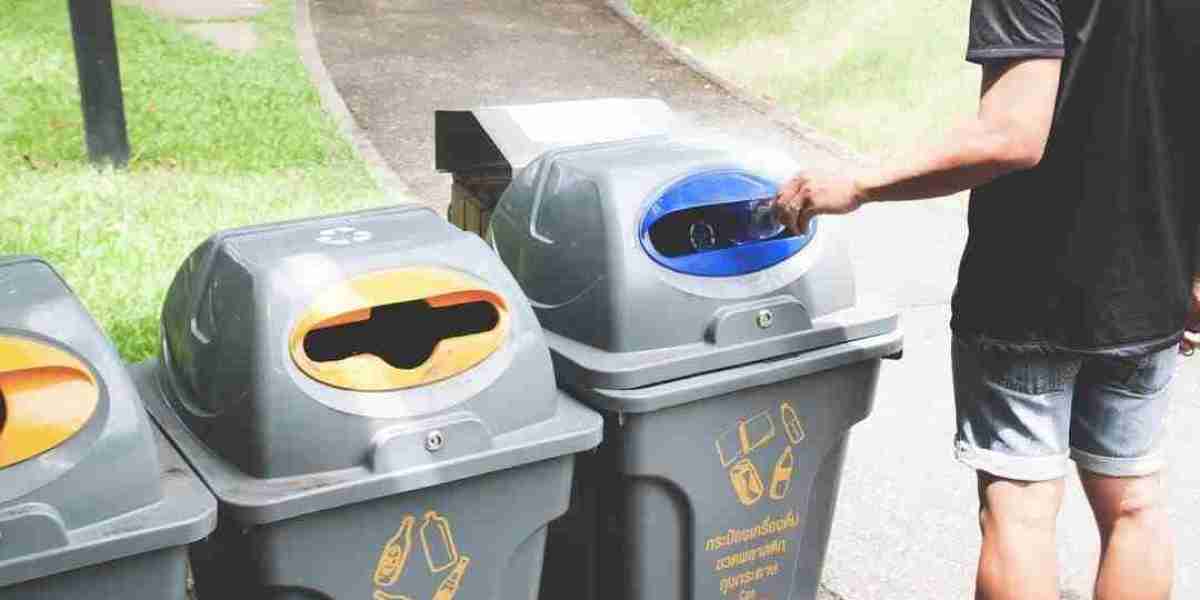Effective waste management is essential for keeping our homes, workplaces, and communities clean, safe, and environmentally friendly. Whether it’s a small household clean-up or a large-scale construction project, finding a practical way to dispose of waste can be challenging. This is where skip bins come in handy.
Skip bins are a convenient and cost-effective solution for managing rubbish, ensuring that waste is collected, transported, and disposed of properly. In this article, we’ll explore how skip bins play a vital role in waste management and why they’re an essential part of modern clean-up strategies.
1. Simplifies the Waste Disposal Process
One of the biggest advantages of using skip bins is convenience. Instead of making multiple trips to the local tip or landfill, you can dispose of all your waste in one place.
Once the skip bin is full, the waste management company will collect it and ensure that it is properly handled. This saves you time, effort, and transportation costs, especially for bulky or heavy items like furniture, construction debris, and garden waste.
2. Encourages Proper Waste Segregation
Skip bins are designed to handle different types of waste, which makes sorting rubbish easier and more efficient. Many skip bin hire companies provide separate bins for:
General waste – household rubbish, old furniture, and non-hazardous materials
Green waste – garden clippings, soil, and branches
Construction waste – concrete, timber, bricks, and tiles
Recyclables – cardboard, glass, and metal
This helps reduce contamination and ensures that recyclable materials are processed correctly, reducing the amount of waste that ends up in landfills.
3. Promotes Recycling and Sustainability
Properly managed skip bins contribute to a more sustainable environment. Waste collected in skip bins often goes to specialised facilities where recyclable materials are separated and reused.
For example:
Timber can be repurposed for landscaping or building projects.
Metal can be melted down and reused for manufacturing.
Green waste can be turned into mulch or compost.
By hiring a skip bin, you play a part in reducing environmental impact and supporting a circular economy.
4. Improves Safety on Worksites and Properties
Cluttered areas filled with rubbish can pose serious safety risks. On construction sites, for instance, scattered debris can lead to accidents and injuries.
A skip bin provides a centralised spot for all waste, keeping the area tidy and hazard-free. This is especially important for businesses, as it helps maintain compliance with workplace health and safety regulations.
5. Cost-Effective Waste Management
Hiring a skip bin can actually save you money.
You avoid the fuel costs and tipping fees associated with multiple trips to the dump.
The fixed price includes delivery, pick-up, and disposal, so there are no hidden expenses.
With the right-sized bin, you only pay for the space you need.
This makes skip bins a budget-friendly option for both residential and commercial clean-ups.
6. Supports Large-Scale Clean-Ups
Whether you’re moving house, renovating, or handling post-storm debris, skip bins are ideal for large-scale clean-ups. Their high capacity makes it easy to dispose of significant amounts of waste quickly and efficiently.
This is especially beneficial for seasonal projects, like spring cleaning or cyclone season preparation, where waste tends to pile up fast.
Final Thoughts
Skip bins are more than just a convenient waste disposal solution; they are a key part of effective waste management. They simplify rubbish removal, promote recycling, enhance safety, and save time and money.
Whether you’re a homeowner doing a weekend clean-up or a contractor managing a building site, hiring a skip bin is a smart, eco-friendly way to keep waste under control.





